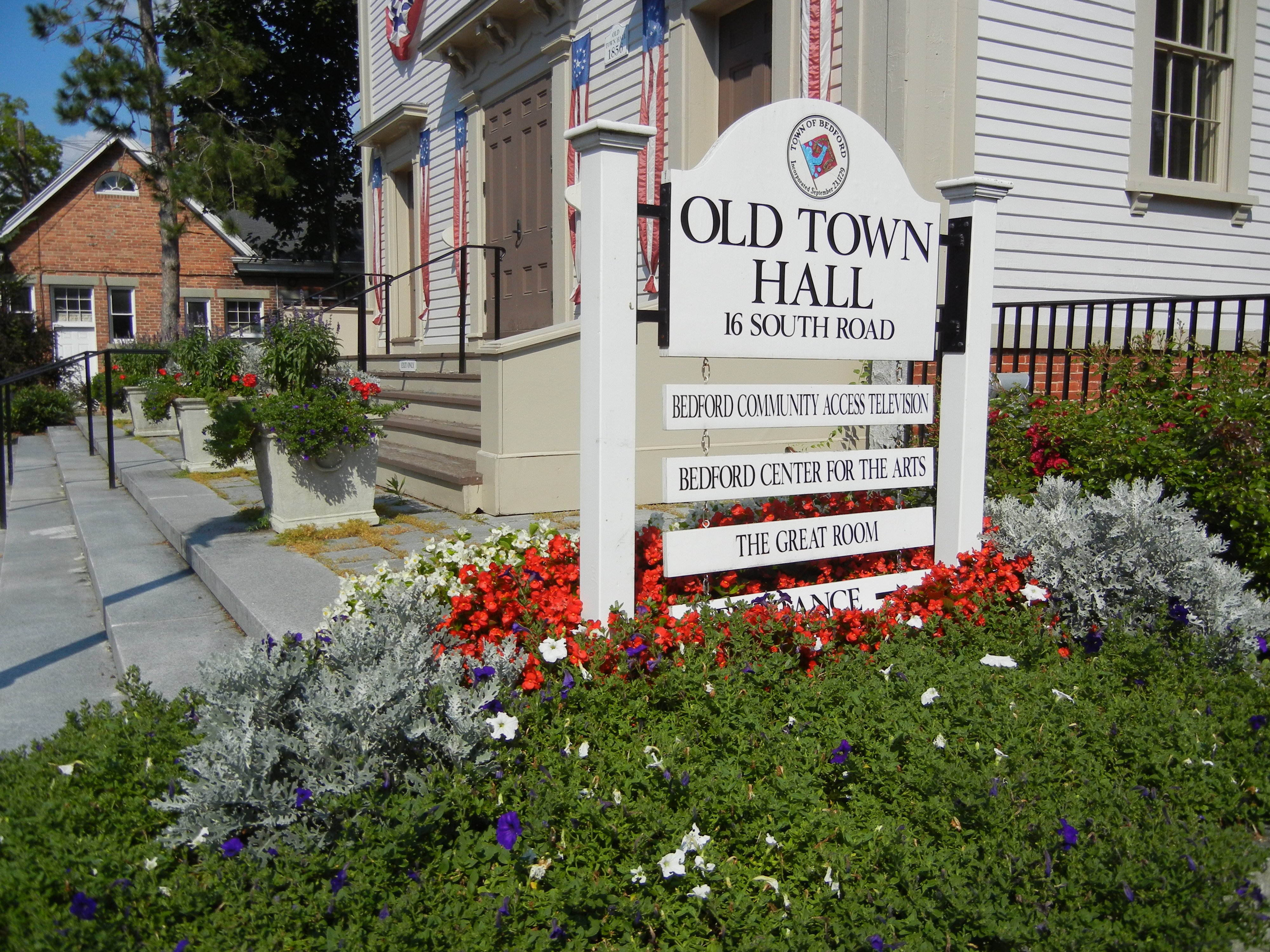We celebrate and acknowledge that Bedford is located on the traditional, unceded lands of the Massachusett Tribe and their Penacook and Nipmuc neighbors who have stewarded this land for 13,000 years and are still here contributing to our communities today.
Somewhere along the lines of history, this land was named Bedford, and as such we have wondered where the name came about.
This story originally appeared in the
Bedford Historical Society’s Preservationist Newsletter – October 2016
The story was written by Don Corey
People have speculated for years over how the new town taken from parts of Concord and Billerica in September 1729 came to be named Bedford. It is well understood that Bedford is somehow named after Bedford, England, which was chartered under King Henry II in 1166, but specifics are hard to come by.
The most common theory is that it was named in honor of Rev. Peter Bulkeley, who emigrated from Bedfordshire, England in 1635 and was Concord’s first minister. A 1966 article by Alice Burke in the Boston Sunday Herald debunked that explanation. “Bulkeley died 70 years before Bedford, MA was incorporated and it’s doubtful that he was on the minds of the people who named the town.”
A second theory is that it was named for the third Duke of Bedford, England, who acquired the title in 1711, but died in 1732 at age 24. According to Frank Branston, the mayor of Bedford, England, “The Duke of Bedford paid for colonists to go over to America and start colonies there. I don’t know how he profited in the end .. I’m sure he got something out of it”.
Another theory is that the name was inspired by Paul Bunyan’s “Pilgrim’s Progress,” a best selling book at the time. Mayor Branston’s comment was, “Bunyan was from Bedford and wrote his book while in a Bedford [England] prison for non-conformist preaching … ‘Pilgrim’s Progress’ is Why Is Bedford Named Bedford? listed as one of the world’s 10 most boring books.” It’s not a ringing endorsement of that theory.
Several recent books have perhaps shed more light on this question. Last year, The Great Migration Directory by Robert Charles Anderson was published by the New England Historic Genealogical Society. It used virtually every known source to create an accurate directory of every immigrant family to New England between 1620 and 1640. The Bedford Historical Society was also recently given a Hartwell genealogy, The Descendants of William Hartwell, Concord Settler, … by Joy F. Peach (2007).
These two sources provide the origins of many of Concord’s earliest immigrant families. Of the 26 families whose origins are known, eight or almost one-third of them came from Bedfordshire, more than from any other location. They included Rev. Bulkeley, William Hartwell, multiple Wheeler families and others. We also know that a number of Hartwell and Wheeler descendants only a generation or two removed from their immigrant ancestors owned considerable land in the NE section of Concord that became part of Bedford. Their names appear as petitioners for the new town and in Bedford’s 1729 Charter. Based on that information, it seems quite likely that a very mundane explanation of Bedford’s name is simply that those responsible for naming the town wanted to remember their roots. Those people from Bedfordshire were in the majority and prevailed.





























